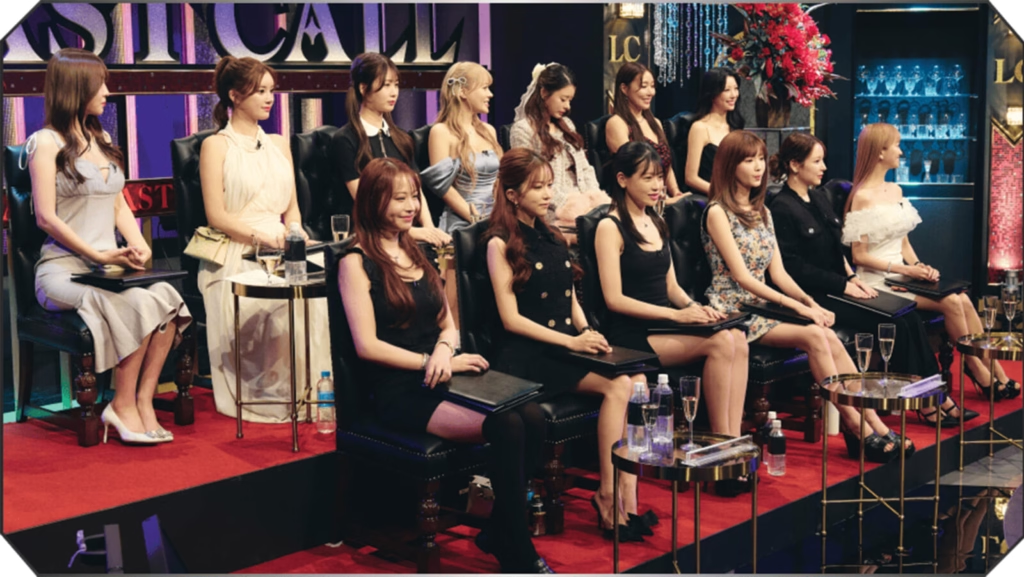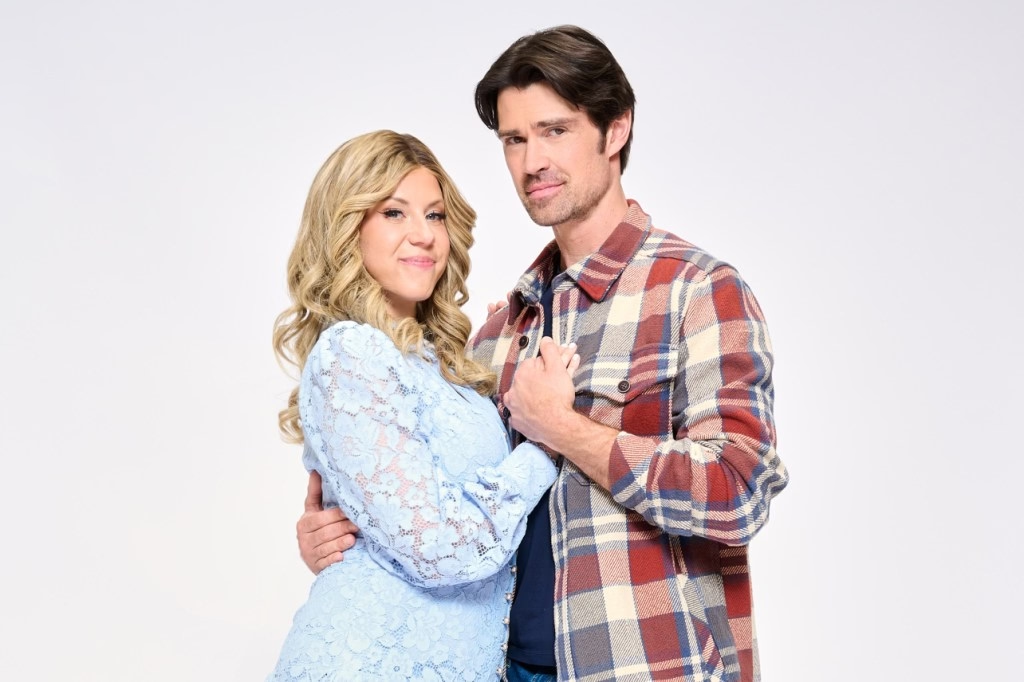Daddy Issues: Uncovering Trauma and Social Myths

What are “Daddy Issues”?
When I hear people talk about the term “daddy issues,” I usually just roll my eyes because I know that anything they say next is likely to be misguided victim blaming. It’s one of those terms that people don’t fully understand and use it without thinking about what they are actually saying. Not only is it a problematic term when used as an insult, but it is a fundamental concept within patriarchy because it conveniently shifts blame away from the actions of certain men onto (mostly) the girls and women they harm.
Let’s break it down and see what “daddy issues” actually are.
“Daddy issues” is a colloquial term often used to describe unresolved emotional struggles stemming from a person’s relationship with their father or father figure. These issues can manifest in a variety of ways, including difficulties with trust, boundaries, or attachment in adult relationships. While the term is often used for women, it’s important to note that anyone, regardless of gender, can experience these dynamics. The phrase is often an oversimplification, reducing complex emotional experiences to stereotypes, thereby undermining the nuanced reality behind the term.
Why do they exist?
Dad issues often stem from an absent, abusive, or emotionally deprived father figure in childhood. These early experiences can leave a lasting imprint on a person’s sense of self-worth and the way they approach relationships. Psychologically, a lack of paternal connection can undermine a child’s ability to form secure attachments, leading to anxiety or insecurity that persists into adulthood. Society’s emphasis on traditional family roles further exacerbates these struggles, placing undue pressure on fathers and their children to conform to idealized expectations. It’s much easier for society to blame the effects than the causes, which means that men who abandon and abuse children are rarely held accountable, while the children who suffer are blamed for emotional disturbances, etc.
Daddy Issues and Self-Worth
One of the ugliest things about daddy issues is that the shame surrounding it fuels a destructive cycle of self-blame and diminished self-worth. When society reduces these deeply personal struggles to punchlines or insults, individuals often internalize the message that their emotional challenges are personal failings rather than natural responses to unresolved childhood dynamics. This social judgment reinforces feelings of inadequacy, causing individuals to question their worth and worth in relationships and other aspects of life. Affected individuals may feel ashamed of their vulnerabilities and view themselves as inherently flawed, rather than recognizing that these patterns stem from early experiences with absent, neglectful, or abusive father figures. Not only does this self-blame stunt emotional growth, but it perpetuates a negative feedback loop that makes it difficult to seek help or address the root causes of these struggles.
Additionally, this stigma masks the real pain behind these issues, leaving individuals feeling ignored or misunderstood. They may suppress their feelings to avoid ridicule or rejection, further exacerbating their emotional turmoil. Over time, this can erode confidence and lead the person to believe they are unworthy of love, trust, or stability. The pressure to conform to cultural expectations of “strength” or “independence” exacerbates this isolation as they feel the need to hide their struggles rather than face them.
In relationships, this diminished sense of self-worth often manifests as difficulty setting boundaries, fear of abandonment, or overcompensating to avoid conflict. These behaviors can lead to unhealthy dynamics that reinforce feelings of inadequacy, creating a self-fulfilling prophecy. Breaking this cycle requires not only personal healing, but a cultural shift that reframes “daddy issues” as legitimate emotional challenges worthy of compassion. By challenging stigma and cultivating a more compassionate understanding, society can help individuals regain their self-worth and build healthier relationships.
The cultural obsession with daddy issues
In popular culture, “daddy issues” are often reduced to jokes or insults used to shame individuals for their emotional vulnerability. Movies, TV shows, and social media perpetuate the stereotype of the “poor woman” or “hurt man,” creating a narrative that downplays real emotional trauma. This framing is not only dismissive, but harmful because it prevents meaningful conversations about the root causes and personal experiences of these issues.
These two-dimensional portrayals not only invalidate personal experiences but perpetuate harmful narratives that hinder self-reflection and open dialogue. If people with “daddy issues” had enough space and acceptance to talk about these issues, their impact might be lessened. But the truth is, being identified and labeled as “daddy issues” is harmful, harmful, and completely unnecessary.
Why our approach misses the mark
Our culture’s approach to “daddy issues” often lacks empathy and depth. Rather than creating a supportive therapeutic environment, the word is used to criticize or negate someone’s behavior, especially in relationships. This superficial approach ignores the systemic factors at play, such as how toxic masculinity and social pressures on fathers contribute to these dynamics. Without discussing the bigger picture, the conversation remains stuck on blame and shame rather than progress and healing. This belittling behavior can have wider consequences, stigmatizing those seeking support or discussing their experiences. It creates an environment that mocks rather than respects vulnerability, further isolating those who struggle with these challenges. Addressing “daddy issues” requires moving beyond these simplistic stereotypes and embracing nuanced, compassionate conversations that validate personal experiences and encourage healing.
Shift to a more compassionate perspective
As adults, we all have a responsibility to take responsibility for our actions. “Daddy issues” are not an excuse or exception for bad behavior. However, it can provide insight into how someone responds to certain interactions or relationship milestones. Conversely, not all people with unstable or absent father figures exhibit the spectrum of emotions typical of “daddy issues.” People are individuals. The impact of trauma on us is personal, specific, and effective. People with “daddy issues” are not punching bags and scapegoats. They are the ones who have suffered severe emotional trauma that they never asked for and now bear the burden of repair.
To get rid of the stigma surrounding “daddy issues,” we need to take a more compassionate and informed approach. This means recognizing that these emotional challenges are not character flaws but the result of complex personal and social factors. By encouraging open dialogue, providing mental health support resources, and challenging harmful stereotypes, we can create a culture that prioritizes understanding and healing over judgment and ridicule.
Thank you for reading! Buy me a coffee and help me make more free sex+ resources.


 Anal Beads
Anal Beads Anal Vibrators
Anal Vibrators Butt Plugs
Butt Plugs Prostate Massagers
Prostate Massagers
 Alien Dildos
Alien Dildos Realistic Dildos
Realistic Dildos
 Kegel Exercisers & Balls
Kegel Exercisers & Balls Classic Vibrating Eggs
Classic Vibrating Eggs Remote Vibrating Eggs
Remote Vibrating Eggs Vibrating Bullets
Vibrating Bullets
 Bullet Vibrators
Bullet Vibrators Classic Vibrators
Classic Vibrators Clitoral Vibrators
Clitoral Vibrators G-Spot Vibrators
G-Spot Vibrators Massage Wand Vibrators
Massage Wand Vibrators Rabbit Vibrators
Rabbit Vibrators Remote Vibrators
Remote Vibrators
 Pocket Stroker & Pussy Masturbators
Pocket Stroker & Pussy Masturbators Vibrating Masturbators
Vibrating Masturbators
 Cock Rings
Cock Rings Penis Pumps
Penis Pumps
 Wearable Vibrators
Wearable Vibrators Blindfolds, Masks & Gags
Blindfolds, Masks & Gags Bondage Kits
Bondage Kits Bondage Wear & Fetish Clothing
Bondage Wear & Fetish Clothing Restraints & Handcuffs
Restraints & Handcuffs Sex Swings
Sex Swings Ticklers, Paddles & Whips
Ticklers, Paddles & Whips















